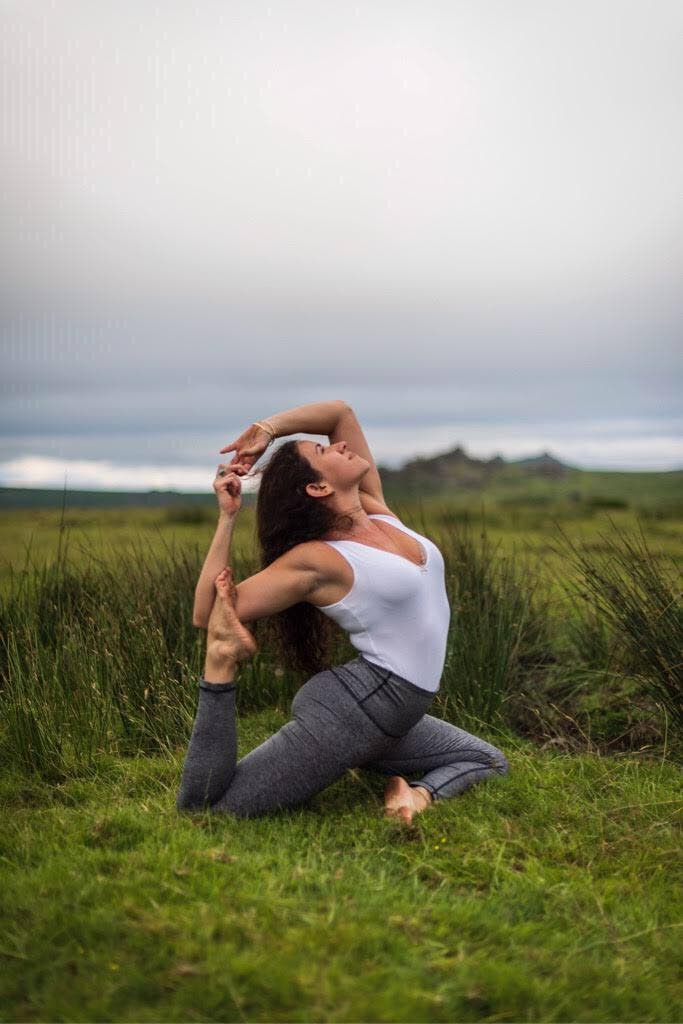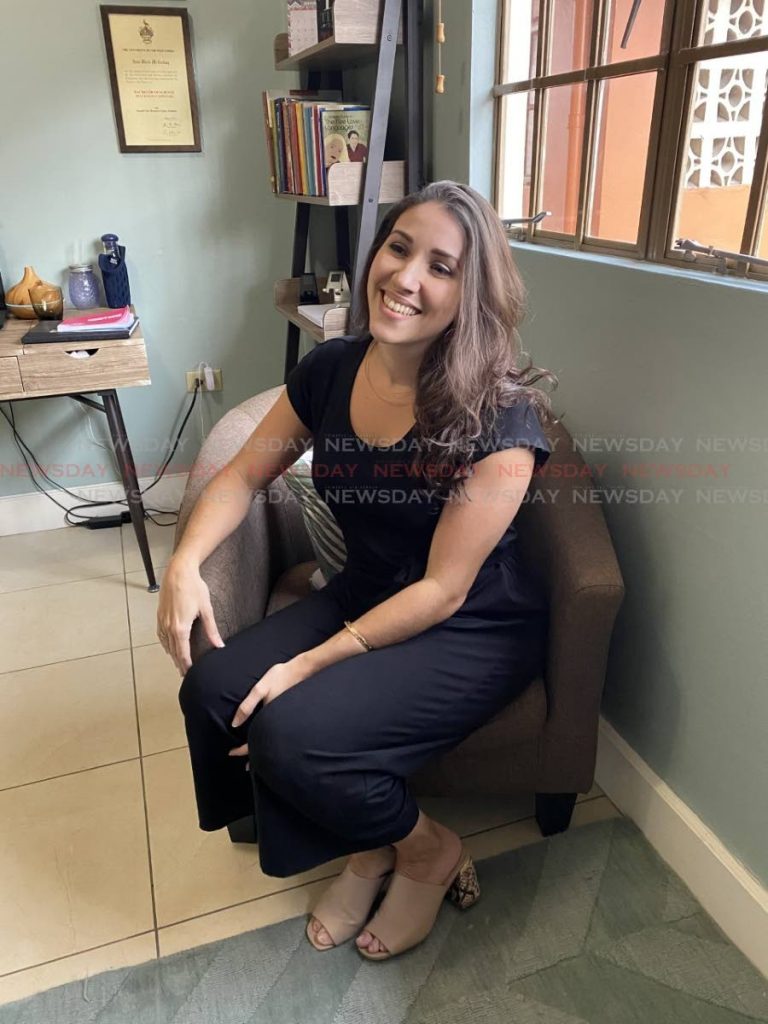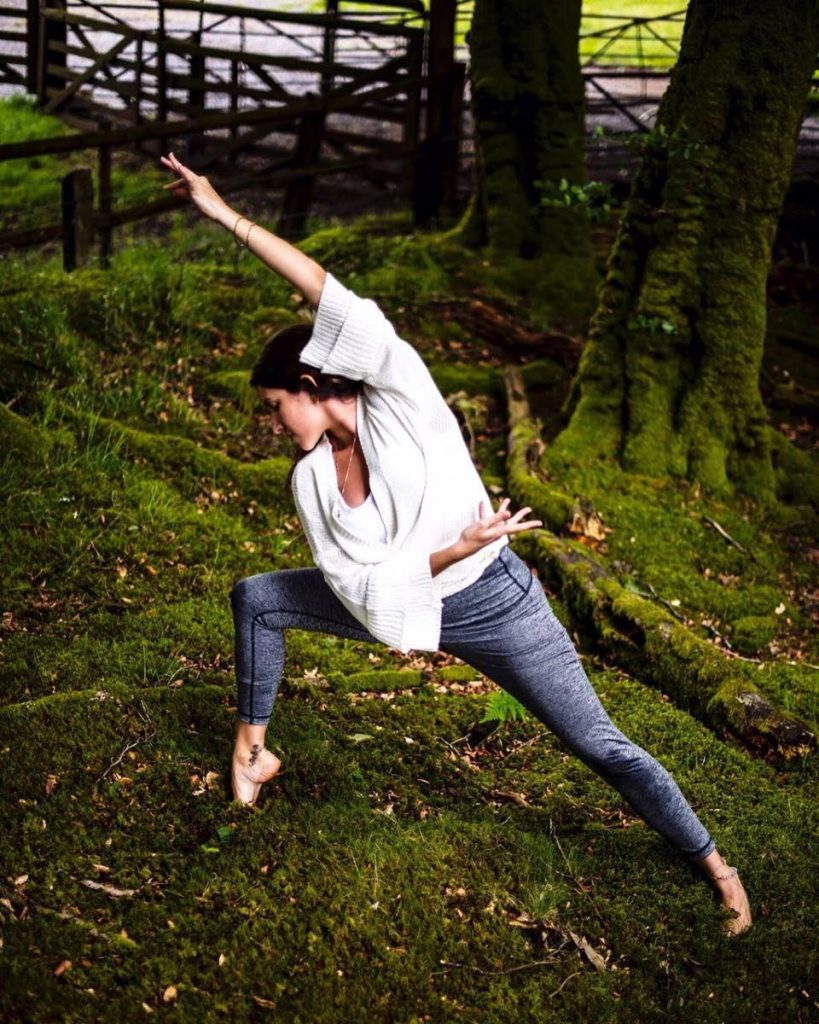Healthy minds priceless for life in TT

Modern life is hectic. Between work, traffic and just living, there’s so much packed into one day that it’s hard to find time to just sit quietly, take a deep breath and reflect on your day.
But, as mind and body therapist and yoga instructor Simone Da Costa advises, that’s exactly what you should do – even if it’s just for five minutes – as a way to bring some order to the chaos.
“I know it’s hard. You have all these things to do.
"But then doing nothing, which is what sitting and checking in on yourself feels like, is the hardest thing,” she told Business Day at a recent interview at her office in Woodbrook.
Da Costa’s specialisation is in mindfulness and she’s well aware that the term is a popular buzzword, bandied about without people fully understanding what it means.
“You want to be focused. Calm. Clear. Each one of those things requires a little bit of mindfulness – but that can be a vague term. So what does it mean?
"It’s developing a little bit more self-awareness. We spend so much time thinking about everything and everyone else. If you just spend two minutes even paying attention to yourself, that’s what mindfulness is.”
Put the phone down
Self-awareness, self-care or just trying to be less stressed is often near the top of resolutions people make at the start of a new year, but with all the distractions of modern life, just five minutes without your smartphone in your hand can seem interminable. According to smart-device time management app, Rescue Time, the average smartphone user can spend up to three hours and 15 minutes a day on their smartphones, picking up the phone about 52 times. (According to my iPhone screen-time monitor, I far exceed this, with an average screen time last week of six hours and 24 minutes, with 92 pickups, so I guess I’m above average.)
But while scrolling through Instagram or Facebook after a long day might seem mindless and relaxing, Da Costa wanted to debunk that myth.

“It’s a false sense of relaxation because there’s so much stimulation coming at you. Images, judgements, thoughts…So while you think you’re relaxing, you’re not.”
She recommends breaking the cycle by starting small.
“You need a little practice of meditation and that can take many forms, but the simplest, even if it's five minutes a day, is where you simply sit and check in on yourself. You need to put the device away. Put it on airplane mode and away from you. Make yourself just sit. You can even pretend that you’re having a conversation with a friend – asking yourself about your day, how’s my body feeling, how’s my mind. And take a few breaths – you’ve turned your attention on to yourself, which could be so healing. You can start to notice things in the moment rather than two hours later, so you’re able to make more focused choices.”
Take a deep breath
Da Costa’s favourite tool for when she also needs to reset her focus is the deep breath.
“I know it sounds cliché but it really can change everything.”
And don’t just take her word for it – it’s science.
The body’s autonomic nervous system, which regulates unconscious action, has two main divisions: the sympathetic and parasympathetic systems. The sympathetic system is responsible for the body’s “fight or flight” reflexive response to external stress, flooding it with hormones that, among other things, can stimulate heart rate and suppress the immune system to focus on whatever oncoming threat it senses.
The parasympathetic nervous system, on the other hand, is the body’s rest-and-relax or “feed and breed” mode.
While the sympathetic nervous system is beneficial when appropriately activated to deal with confrontation or danger, instead of being chased by sabre-toothed tigers or marauding barbarians, a more likely source of stress for modern humans might be money trouble or three hours in traffic every morning from San Fernando to Port of Spain.

“Honestly, I think we (have our sympathetic nervous system activated) for most of our day,” Da Costa said. We spend so much of our time doing the shallow breathing inspired by fight or flight that deep breathing can seem almost unnatural. Even when we try to take deep breaths, we do it wrong.
“When people usually take a deep breath, their shoulders come up and that’s not the best form. It’s still a shallow breath in your chest. What you want is a deep breath – a belly breath, sometimes called a baby breath, because when you observe a baby lying down you can see the way they breathe with their whole belly moving up and down, expanding, so that’s what you want.”
So how do you take a deep breath?
“Stop. Find a quiet spot to sit or lie down. Inhale and take the breath deep through your nose into your belly feeling the chest expand naturally. On the exhale, through your mouth or nose, which ever feels more natural, that’s what’s going to calm the nerves from the inside out.”
Deep abdominal breathing, according to Harvard Medical School, encourages full oxygen exchange – that is, the beneficial trade of incoming oxygen for outgoing carbon dioxide. Not surprisingly, it can slow the heartbeat and lower or stabilise blood pressure.
“The deep breath is my number one go-to. Exhale, chill out. You have so much stuff to worry about in life, so are you really gonna let that one bad drive ruin your day?
"All the adrenaline, cortisol and other hormones running through your veins when you’re stressed out or angry, that all weighs on your health over time.”
Let go of life's stresses
And with that "exhale," Da Costa suggests letting go of other excess stresses in life.
“I think anxiety, depression, and stress are all very prevalent now. People want to let go of some of that stress to get calmer. The first point is releasing something because when we look at our New Year’s resolution, people often start from just where they are and then add more stuff on. So you’re starting from where you were in 2019, but then you’re adding going to the gym more, meditation, psychotherapy – and it's not going to be sustainable.”
The key, then, is to look at your life and find something you can release from your day-to-day routine.
“I think a lot of people now have a lot on their plates, so that’s just one of the contributing factors to all this stress and anxiety. So if you can look at all the tasks, responsibilities on your plate and finding that one thing that isn’t useful, doesn’t uplift you and is draining your energy, you have to release something.”
It’s an investment in yourself, to be sure, but Da Costa says it starts with a mindset of wanting a change and breaking free of the social constructs that have been drilled into us from a young age that self care is selfish and taking care of others is selfless. Burnout is real, she says, and you have to listen to your body and learn to take a rest instead of forcing yourself to push through because you feel you might be letting someone – even yourself – down.
“We have to reteach that whole idea. So, first, you have to appreciate how much your health – mental, physical and emotional – is extremely important. So then it becomes a priority up there among all the bills. If I don’t take care or invest in my health, then one day illness will catch up with me because I’m run down and my immune system is compromised – and then I’ll have to pay all the money then in medical bills.”
Psychotherapy can be expensive, but Da Costa notes that advisers are available across the price spectrum, and she also suggests taking advantage of employee assistance programmes and non-governmental organisations that might offer free counselling.
“It starts with an affirmation or belief that my health is a priority and important. And then if you’re good with your budgeting, you can save up for it.”


Comments
"Healthy minds priceless for life in TT"